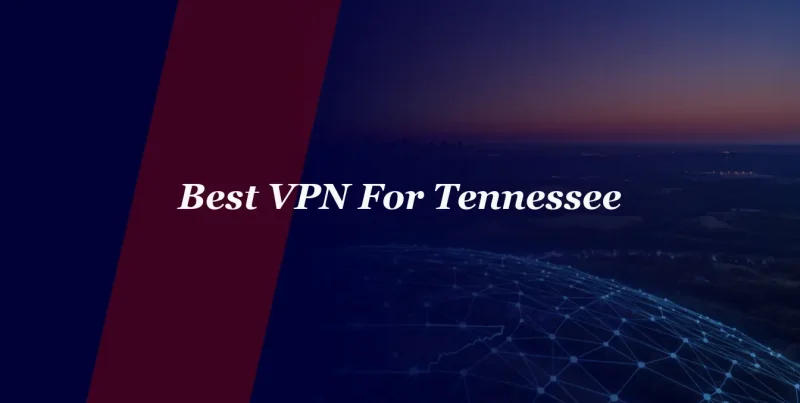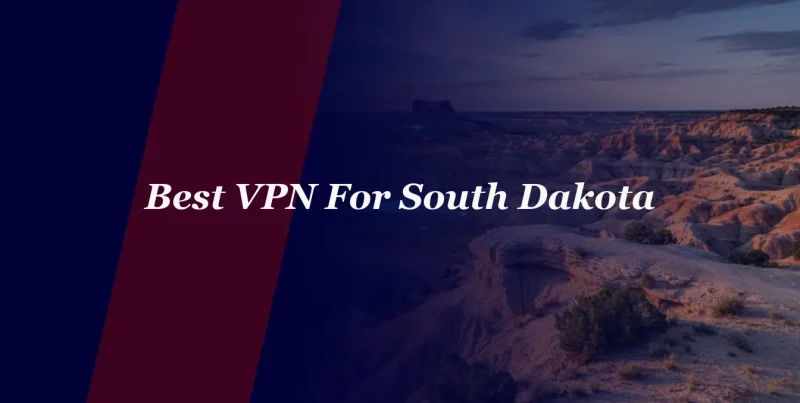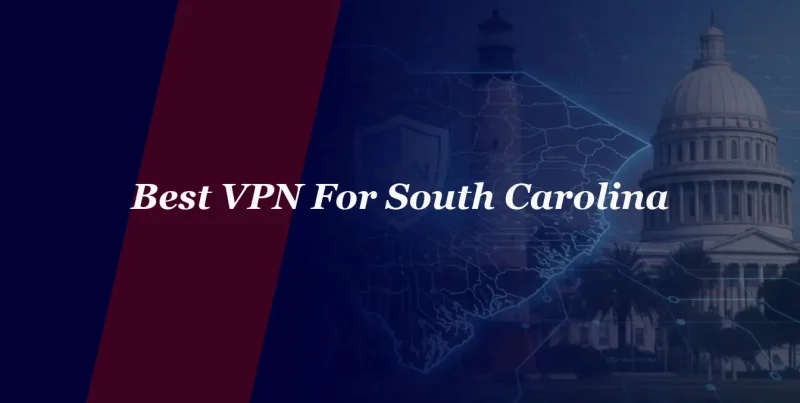Thinking of investing in VPN services? Do you think that a VPN will automatically grant you the fastest speeds for streaming? Do you think that a VPN will completely make you anonymous online? Think again! It’s time to take a different approach towards VPN services, and for that, I’ll be discussing a few VPN myths or misconceptions that most people have.
What is a VPN myth all about?
Think about it, how many websites have you visited where you’ve seen multiple providers boasting the fastest speeds, the strongest encryption or the strictest no-logs policy? I bet at some point you were even led to believe that a VPN is the ultimate and only solution to protect you online? The sad reality is, most VPN providers are only as good as their marketing tactics.
How do you know which provider is the best? Or how to tell if a VPN review is authentic? Yes, there are still a great number of top VPN providers in the industry that offer exceptional features and overall performance. But, are you expecting something out of the ordinary from these services that you may have heard about in the past?
However, there are still a few facts and VPN myths that every VPN user should go through to understand what a VPN service is, and what it represents.
Cyberattacks and online threats are ongoing, and if you’re willing to use VPN protection, it’s better that you first understand more about the software, before jumping to conclusions.
VPN Myths debunked
I’ll be highlighting a few VPN myths that every user or person may have heard off, at some point in their lives.
Ready? Let’s get started!
1. A VPN is required to keep you COMPLETELY anonymous and safe online
The word “completely” is a little exaggerated. At some point, you may have come across this slogan or something similar on every VPN website.
The thing is, yes, a VPN does offer features to keep your online activities and physical location secure and private. However, don’t you think there are other factors that play a role in online security? A VPN isn’t designed to keep you completely anonymous throughout. Only a few great providers can shield you online, for a short time, and the rest relies on other security practices. For instance, an anti-virus, a password manager, or even something as simple as two-factor authentication.
2. A VPN will DRASTICALLY slow down your speeds or make it faster
Yes, there are some circumstances where your internet speeds to take a slower turn while connected to a VPN. However, that doesn’t mean a VPN is forcefully slowing them down.
You need to understand that when you connect to a server location that’s half way across the world from your physical location, the speeds do slow down a bit. This is because the server you chose will take a while to encrypt your traffic before you finally reach your goal. On the other hand, if you connect to a server in closer proximity to you, the speeds will be either the same, or slightly improved.
Even if you’re experiencing a drop in speeds after connecting to a server closest to you, this can also be due to the protocol you’re connected to. To fix the issue you’ll have to play around with the settings.
Also, there’s a myth that a VPN service drastically increases your speeds. This isn’t the case because VPN speeds will only work faster if your ISP doesn’t throttle your local speeds and bandwidth.
To bypass ISP throttling, the VPN server you connect to have to successfully cloak you with a new virtual IP address. In this way, if your ISP can’t detect you, nor throttle your data, you’ll experience a speed power up.
3. A free VPN is JUST AS GOOD as a paid VPN
Only a handful of free VPN services are good, but they’re not as great as a paid VPN. PERIOD.
As enticing as a free VPN sounds, don’t go for it! It’s a complete myth when websites claim to offer the best free VPN services. Free VPN providers won’t go through the trouble of investing in a free software and make nothing in return. So who do you think the profit is in all of this? You! Of course! Free VP providers make up for their losses by either hacking into your system, steal the data you provide and use them for fraud and theft.
Secondly, free VPN services aren’t equipped with the same kind of security infrastructure as compared to a paid or premium provider. You’ll experience slower speeds, limited bandwidth, a bare minimum of server coverage, etc.
So, are paid VPN services any better? Not exactly! Just like a free VPN service is a warning sign, you need to be careful of the kind of paid VPN you go for. If you land with the wrong provider, let’s just say there wouldn’t be any difference between the free and paid service.
4. All VPN providers are the SAME
Sure, if by same you mean were built on the same ideology, but no, not all VPN providers are the same. Most users just assume that every VPN provider offers the same server coverage, military-grade encryption, set up guide, pricing, and the list goes on.
That’s a huge myth! If you study up or pay close attention to what a VPN is, you’ll also notice that there are a few factors that separate a good VPN from an unreliable one. For instance, not every VPN is easy to set up, and not all offer apps for major devices. You’ll also notice that all providers state they’re a no-logging service, but only a few show actual proof.
For instance, there are some providers that claim no-logging and in fact have also been independently audited, while others just make claims and provide no policies to look at.
5. All VPN reviews are AUTHENTIC
Beside users being misled to buy VPN services that are fake, another big fat myth revolves around all the VPN reviews you read online. There are ways for you to tell if a VPN review is authentic or not. You need to stay clear of the fact that most review websites are paid to highlight extremely rosy VPN reviews. This confuses the user even more than the product itself. Always remember that an honest VPN review will never shy away from revealing the good and the bad sides of the VPN software.
6. A VPN is ONLY for cyber-enthusiasts
A VPN wasn’t created to suit one kind of crowd. It’s a software that was created based on the many issues prevailing in the online world. For instance, many users might need it to unblock online banking apps, streaming services, or require them to block off malicious websites. Sure, yes a proxy can help with unblocking certain streaming sites, but it won’t come with the same encryption or security protection that a reliable VPN offers.
7. VPN services are ILLEGAL
I mean, that’s a pretty heavy myth don’t you think? VPN services are illegal in many countries around the world, but it’s also legal in most countries. You’ll find the software illegal only in countries that observe very strict censorship and surveillance laws.
Most users are under the misconception that a VPN is only used to break the law. But, in fact, it’s mostly used to hide activities and physical locations from governing bodies and ISP that interfere or steal user data against their will.
To conclude
Coming towards the end of the VPN myths guide, what have you grasped from it? Do you think these misconceptions will guide you away from one of the best online security tools? The fact is, a VPN is as good as the way you use it. It will protect you online, allow you access to numerous streaming services, allow a bump up in speeds, and other factors.
However, this is only the case for a few top VPN providers that are worth your time and investments. All the information mentioned in this blog, will surely guide you further into making right decisions where VPN services are concerned.







